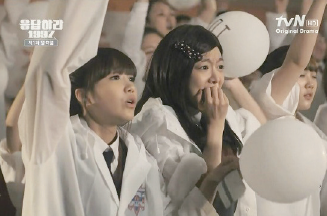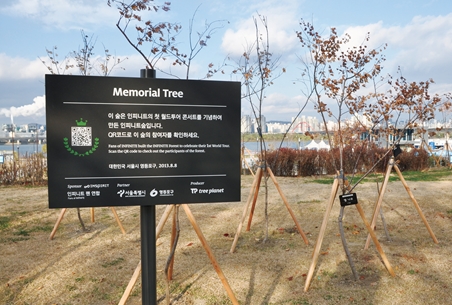
Do you remember Siwon, the fan who struggled severely and even slept out in the open to get a ticket to the concert of her favorite idol group, H.O.T? Last summer, the drama, Response 1997, sensationalized the story of a hard core fan hit the whole country. The key to the drama’s success could be sympathy the story has aroused amongst people. In reality, 88% of people in their 20~30s admit they were once enthusiastic hardcore fans.1 Like this, passionate aficionada cultures have formed in various fields such as the automobile industry and cultural phenomenon, and during presidential elections. Especially, pop culture is one area in which women in their 20s react to ardently.
The Way She Loves
Since the 1990s, a period commonly appraised as being critical to the development of Korean pop, aficionada cultures, especially among women, bubbled rapidly. Also, to mock the trend, the term Ppa-sun-i*, a term that belittles overly loyal fans was coined. However, nowadays, a wind of change is blowing through the world of Ppa-sun-i. In the past, hard core fans merely engaged in passive actions like appealing to radio stations to play their avorite singers music by disclosing their personal stories or attending public broadcasting to meet celebrities. From an economic perspective, former fans were ‘good’ consumers, buying goods sold by management companies associated with their favorite artist. However, fans today are more active and aggressive. Current fans are seen as business partners of the management company as they can spread the star’s fame and image. When an artist is given a raw deal from the industry or agent, fans come forward, petition, and even boycott companies. Recently, when the idol group JYJ rowed with the company SM, 180,000 fans signed a petition, which swayed the Fair Trade Commission (FTC) to make a corrective order to SM. One anonymous petitioner said, “I believed that it was by the unified power of fans that the unfair situation of JYJ was rectified. Thus, we had to move on the group’s behalf.” Moreover, in the past, fans made a unified effort to buy luxury items as gift for their favourite celebrity. It was criticized and seen as paying ‘tribute.’ However, today, fans are devoted to social services such as donating rice wreaths to the poor or planting trees in the name of a celebrity. Especially, the fan club of Kim Hyeonjung made headlines by establishing a scholarship fund. Commenting on this, a member of the fan club Jeon Eunjoo said, “I want to encourage the dreams of adolescences, who need attention and support, in the name of Kim Hyeonjung. ” 2
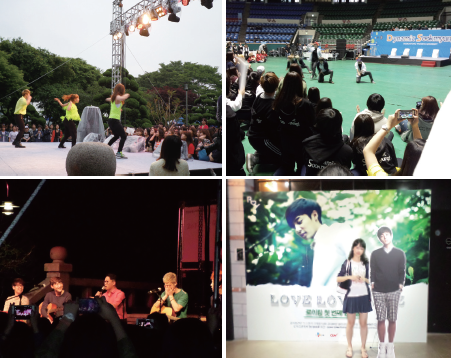
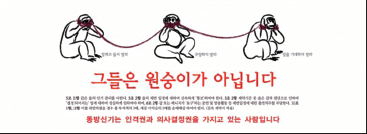
Loyalty Made Royal Fans
What made ‘her’ change? Members of fan clubs who were once premature teenagers and labelled have matured. That is to say, lots of matured fans have maintained interest in their favorite artist as they have aged. Do you think it is too natural to say so? What’s notable is the fact that women show higher loyalty to celebrities compared to men; thus, an ‘evolution’ in aficionada cultures have occurred. Men tend to avert their eyes to other idol groups when more attractive celebrities debut as showed in the scale of album sales. So to say, only artists who have exceedingly faithful and loyal fans can attain high rankings on album sales charts. Kim Dayoung, Department of International Business and Trade ̓13 at Kyunghee University said, “I have been collecting all the albums of Shin-hwa since 2002. It has been over a decade to being a hard core fan.” Also, shows, for the first half of 2013, among the top twenty ranked celebrities, except for Girls Generation, all groups were boy bands, which show the strength of aficionada culture among women compared to men.
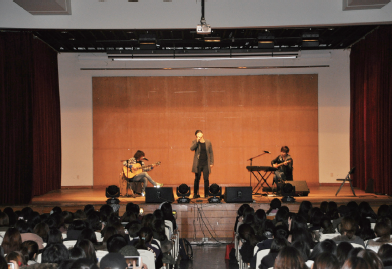
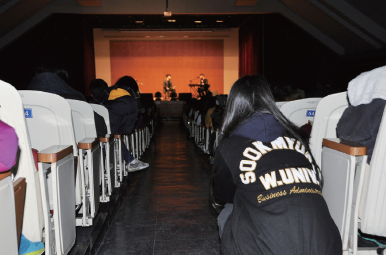
Template for the True Love
Ppa-sun-i is no longer a belittlement or derogatory term due to the evolution of aficionada culture, which is strengthened by the spirit of sharing and awakening of the ‘smart’ consumer. Rather, Ppa-sun-i became an important subject and source of Korean pop culture. Friedrich Nietzsche was told, maturity consists in having rediscovered the seriousness one had as a child at play. Furthermore, as Jeremy D. Holden’s Economics of Fandom indicates, enthusiastic fans are an unusual and interesting study area. Even though criticism still exists against indiscrete and thoughtless hard core fans, recent fans are more mature and are regarded as beautiful remembrance. If this tendency continues for much longer, the word, Ppa-sun-i will bring about the same thrill as picking some appetizing apples from the matured trees.
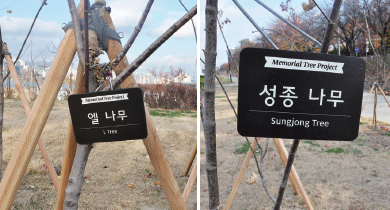
1 Choi Eunhwa, “Response 1997, How People in their 20-30s Sympathize? HARD CORE Fans,” ENEWS 24, July 26, 2012
* Ppa-sun-i is a coined term comprised of the word O-ppa (Older brother) and Sun-i (Girl) to denote an extremely enthusiastic hard core fan.
2 Yang Miyoung, “Fan Club of Kim Hyeonjung, Unusual Love of Star Establishes the ‘Kim Hyeonjung Scholarship Fund’,” Readersnews, February 23, 2010


